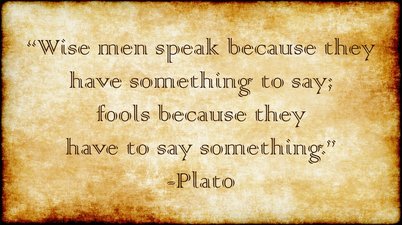 I have spent recent months studying the miracles as recorded in the four gospel accounts. The miracles of Jesus captured the attention of the masses. Jesus' ministry of miracles was a clear authentication of His claims to be God incarnate are in fact true (cf. John 3:2; 14:11). Since He can be verified that He is from God, we can also authenticate that His message is also true (cf. Mark 16:20). During Jesus' ministry of miracles, He touched the untouchables, He engaged with the outcasts, and He changed the lives of each person that encountered Hiim. The makes clear that "seeing they do not see" (Matt. 13:13). In other words, some observed the physical miracle ministry of Jesus, but they failed to understand what Jesus could do for them spiritually. I have been working on a book called "Miracles: A Physical Sign with a Divine Purpose." I have identified 40 miracles within the gospel accounts. Through these brief snapshots of the miracles, it has been my desire to examine each miracle with a Gospel-centric lens: a lens that is focused on how each miracle shines on the glory of Jesus and the Gospel. The closer we look at the miracles the better we will understand the four themes of the Gospel: Creation, the Fall, Redemption, and Restoration. Below is my compiled list of 40 miracles (downloadable PDF file). I hope you too will study with a Gospel-centric lens. He who has eyes, let him see!
0 Comments
 Plato once said, "Wise men speak because they have something to say; fools because they have to say something." I never want to become the preacher that "has to say something." My preaching flows from my personal time with God and in His Word. I have heard some preachers say to make sure my "sermon prep" is not my personal time alone with God. I understand what they are suggesting. They don't want my personal time with the Lord to become an academic study void of relationship. Here is what I have discovered about my own sermon prep... (1) I don't prepare a sermon because it's my "job" and I "have to say something." I prepare a sermon because I have spent time with the Lord in His Word. I pray, I study, and I ask for God's Wisdom. I want God's voice to be heard over my own. (2) I'm not sure I know how to study God's Word without spending time with God in the process. I wouldn't have it any other way. Rather than creating a dichotomy between my walk and my ministry, I ask the Lord to walk with me during my ministry. I ask Him to teach me as I teach others. (3) I want my worship and my preaching on Sunday to be an overflow of my worship and study from the previous week. I believe if my sermons flow from my own walk with the Lord, they will be authentic. (4) Finally, I have a quote that I keep in front of me during "sermon prep." It reads: "I desire to preach messages that present the inspired Word of God with such faithfulness and sensitivity that God's voice will be heard and His people obey Him." I believe that if i am faithful to God's Word and sensitive to the leading of the Holy Spirit, God will use the messages for His purposes. If any wisdom is gleaned from my preaching, I hope people recognize it was because of Christ and the fact that I spent some time with Him. |
AuthorDr. Chris Dortch has been in vocational ministry since 1993. His blog is aimed to "equip the saints for the work of ministry." Archives
January 2020
Categories
All
|
||||||

 RSS Feed
RSS Feed